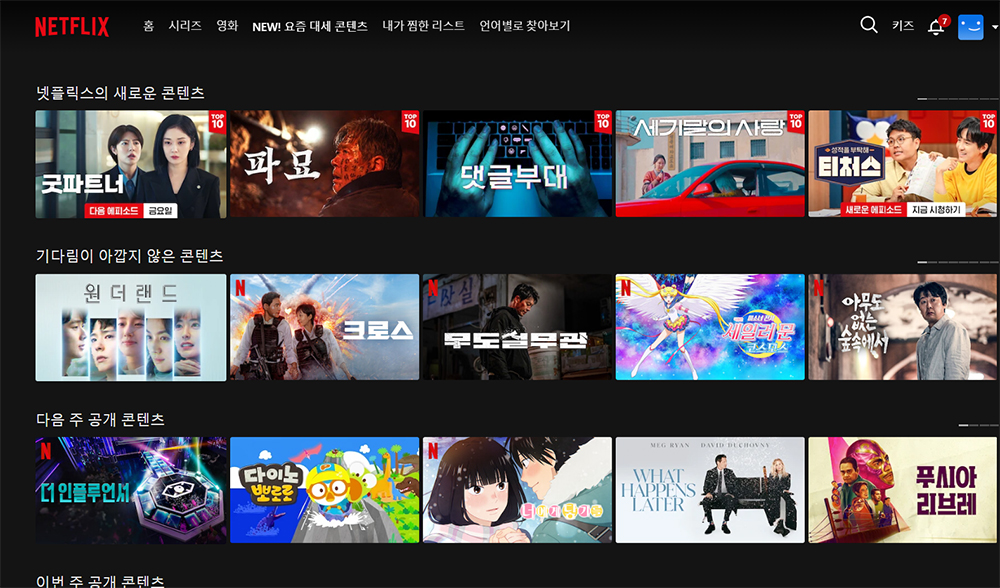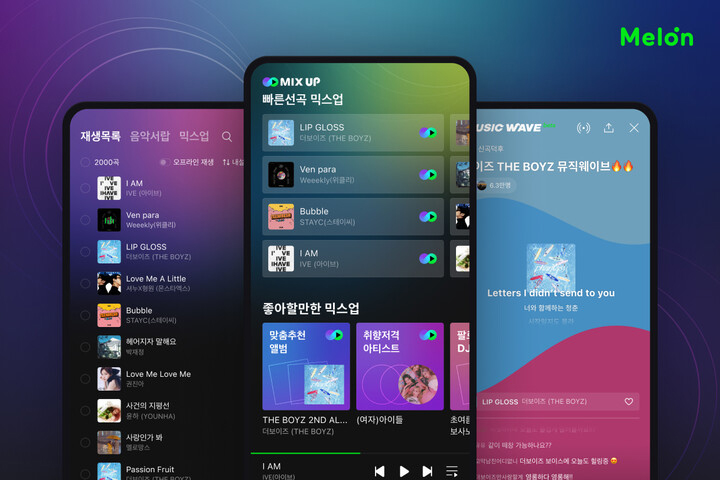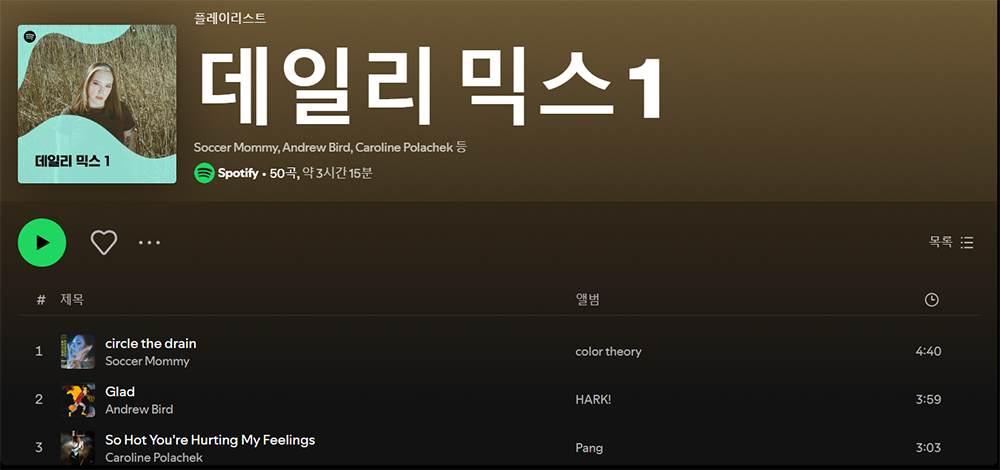K-Content News
- January 10, 2025 | Immersive Content
How AI Distributes and Markets Content
Domestic and international platform companies providing digital content such as video, music, and webtoons are strategically implementing AI-powered recommendation technology to attract customers and increase engagement. These increasingly advanced AI systems are revolutionizing content distribution and marketing, going beyond the limitations of traditional "hyper-personalization."

©Shutterstock
Netflix is the first company that comes to mind when thinking of "content recommendations." In fact, 80% of Netflix's total viewing time comes through recommended videos. Netflix, following its "Netflix Prize" in 2006—which offered $1 million for improving recommendation algorithms—integrated machine learning and big data technology to currently operate "Cinematch," a hybrid personalized recommendation system. This system combines collaborative filtering, which analyzes users' viewing history and rating data to find groups with similar tastes and recommend content they enjoyed, with content-based filtering, which analyzes characteristics of content users previously liked to recommend similar content.

Source | Netflix website
About 70% of YouTube Content Consumption is Driven by AI Recommendations
"Once again, YouTube's mysterious algorithm has led me here" is a phrase frequently seen on YouTube. Not only the home screen but also related videos shown after watching content are recommendation-based, with approximately 70% of YouTube content consumption driven by recommendations.1) Domestic OTT companies are also joining this trend. Watcha analyzes vast amounts of rating data, content metadata, and user viewing history data through deep learning models to recommend content. Watcha enhances the experience by adding contextual details such as "73% of recent viewers rated this 4 stars or higher" and showcasing user ratings and brief reviews, fostering greater engagement and trust in its recommendation system.
AI's role is also prominent in the music streaming market. A survey found that "good personalized music recommendations" ranked alongside "extensive music library" as the top reasons for using YouTube and YouTube Music. Spotify's "Discover Weekly" and Apple Music's "For You" playlists are prime examples of recommending new music based on users' listening patterns. FLO replaced real-time charts with AI music recommendations on its home screen and focused on taste-based playlists, leading to changes in consumption patterns. Melon has joined this trend with "Mix Up."' which recommends similar genre music from a single song selection, and “Music Wave,” where users with similar tastes can listen to music together.

Source | Melon website
AI Curation Efforts to Overcome 'Hyper-personalization' Issues
One of the inevitable challenges in AI recommendations is the "Cold Start" problem, which occurs with new users who have no usage history or new content. Various solutions are being attempted to address this, including initial surveys, collaborative filtering, and content metadata analysis. Netflix enhances the accuracy of its initial recommendations by prompting new subscribers to select their preferred movies, enabling the system to tailor suggestions even without prior user data.
While "Hyper-personalization" increases user satisfaction, it often traps users within their existing taste framework. To overcome this, Spotify includes new artists' music in "Daily Mix," while Netflix strives to ensure content diversity through its “New Discoveries” section. However, recommendation-dependent content consumption and information bias face criticism for causing individual echo chambers and social division. To address this, a new field of "AI curation ethics" is emerging. This emerging field advocates for content strategies that balance personalized recommendations with social values, diversity, and a sense of community. For example, news recommendation algorithms intentionally include articles with diverse perspectives, and content mixes emphasize cultural diversity.

Source | Spotify website
Now AI Recommends Content by Recognizing User Emotional States
Beyond recommendation systems, AI is driving innovation across various areas of content distribution. AI technology is improving marketing efficiency through content search optimization (SEO), real-time ad targeting, and user behavior prediction. Netflix enhances click-through rates by providing personalized thumbnail images using AI, while YouTube improves accessibility with AI-based automatic caption generation. TVING and WAVVE also collect, analyze, and visualize user payment and viewing data for marketing, promotions, and service quality improvements.
Recent advances in natural language processing and computer vision have made AI recommendation systems more sophisticated. For example, AI can now automatically analyze video content to generate scene-by-scene tags, enabling more detailed and tailored recommendations. Furthermore, multimodal AI development enables integrated analysis of various data forms including text, images, and voice, promising more contextualized recommendations.
In the future, AI is expected to reach a level where it can recommend content that aligns with users' emotional states and situational contexts. For example, innovative services could be implemented that identify users' emotions and activity patterns through integration with smart speakers or wearable devices to recommend appropriate music or videos.

©Shutterstock
New Horizons in Content Consumption Culture Opened by AI
AI technology is bringing a paradigm shift to content distribution and marketing. Beyond personalized recommendations, AI's influence is expanding across the entire content ecosystem, leading to qualitative improvements in user experience. However, along with technological advancement, in-depth discussions on ethical issues such as privacy protection and algorithmic transparency are required. As AI technology becomes more sophisticated, the content industry is expected to evolve in increasingly personalized and efficient directions, opening new horizons in content consumption culture.
Written by Lee Jae-hwan (Professor at Innofit Partners, Former CEO of ONE store)
Original Article URL: https://www.kocca.kr/n_content/kocca_vol32/vol32/02.html
